Brand New Course
 Join Event
Join Event
Combating Loneliness and Misbehavior
Loneliness is a dangerous national epidemic that has been growing in depth and complexity for many years. Loneliness not only endangers our mental and physical health, but it also can make us less kind and caring toward others, resulting at times in misbehavior at schools and within our communities. We’ll explore a range of research-informed ways we can cultivate meaningful relationships with others to foster our well-being, as well as kindness, empathy, and generosity of spirit toward others. Now more than ever, building social awareness, managing anxiety, and developing social communication strategies to combat this growing crisis of loneliness is critical for school-age children, tweens and teens, and all the way through the adult years.





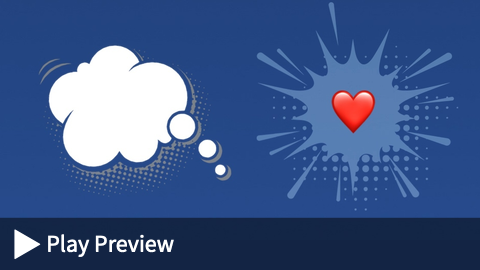
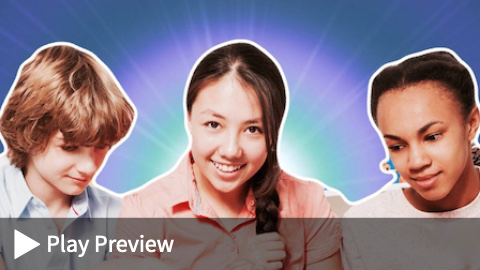
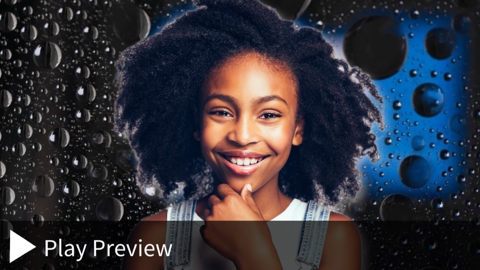



















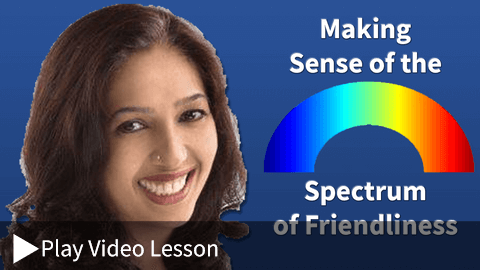
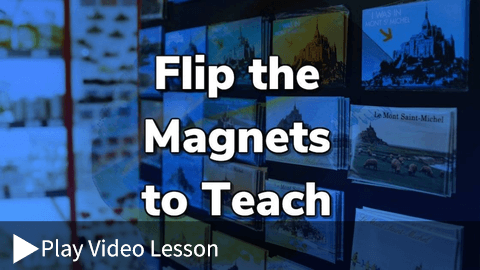
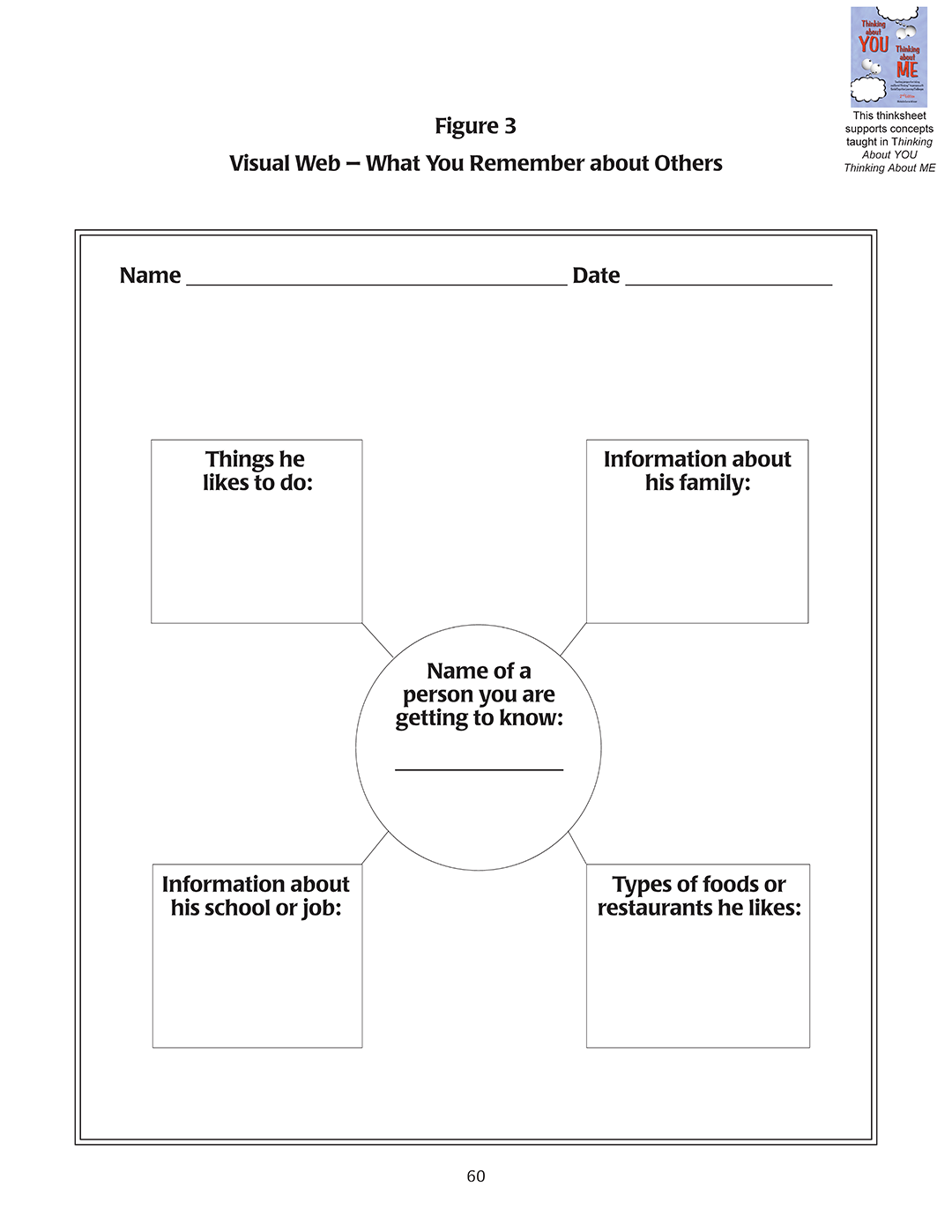




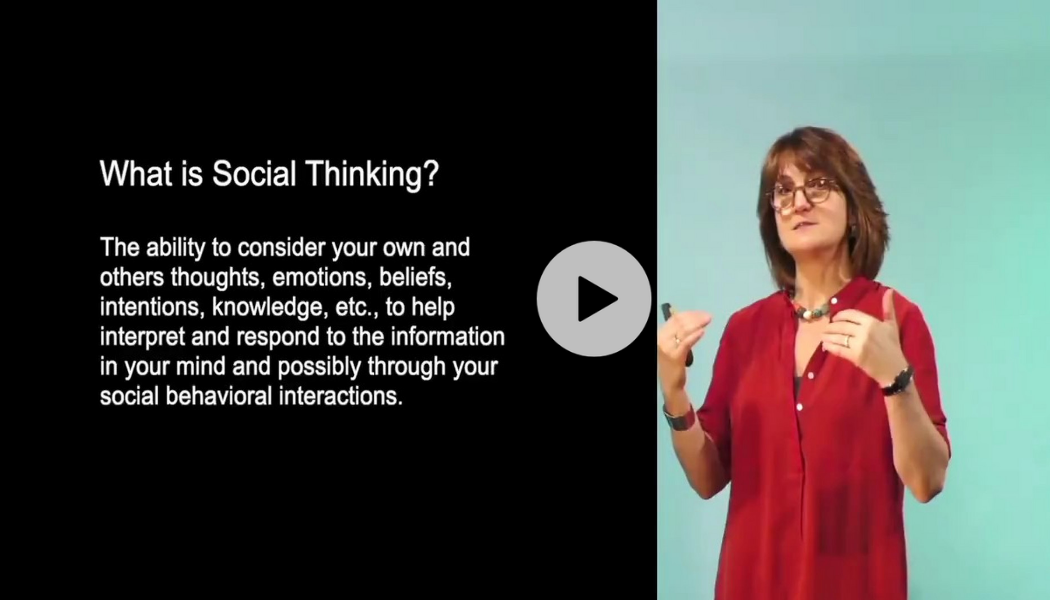
 Social Thinking has completely changed the environment of who we are as a whole. Thank you for providing us with such rich social and emotional resources. The impact that your resources make are life changing and early intervention is key. Your curriculum is truly amazing! I bought into Social Thinking about 9 years ago and will use this as long as I am in education.
Social Thinking has completely changed the environment of who we are as a whole. Thank you for providing us with such rich social and emotional resources. The impact that your resources make are life changing and early intervention is key. Your curriculum is truly amazing! I bought into Social Thinking about 9 years ago and will use this as long as I am in education.